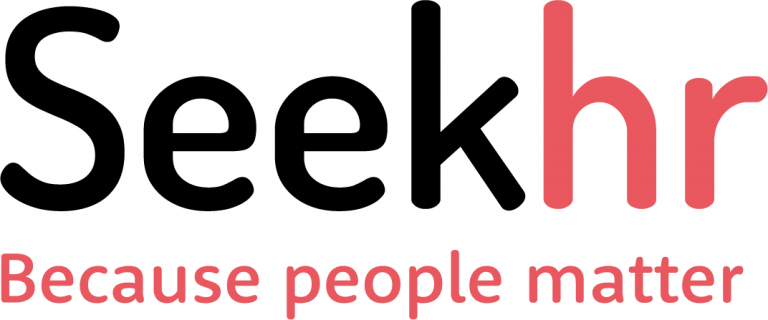We live and work in a world of email overload. In fact, it’s not uncommon these days to have to deal with hundreds of new messages every day.
Getting your email read, understood, and dealt with in this sea of information is no easy task. It’s especially difficult when the people you need answers from are exceptionally busy themselves and probably only glancing at emails as they dash between meetings.
There are a few simple tricks and email etiquette tips that can help you get your message read. Here’s our top seven.
#1 Write clear and concise subject lines
The subject line is by far the most important part of your email. A poorly chosen subject line is, at best, inconsiderate (since the recipient won’t know how to prioritise your message), and at worst can mean your message goes unread.
Help people out by using lines that make it clear why you have sent them an email and what action, if any, is required. George Ambler suggests using subjects that begin with ‘action required’, ‘decision needed’, or ‘for review’ or — if no action is necessary — adding a simple ‘FYI’. Remember to try and keep subject lines to under 75 characters so that they are visible on smartphone screens.
#2 Make judicious use of the ‘high importance’ flag
Most email programs, like Outlook, allow you to identify certain messages as being of high priority by attaching a ‘high importance’ (there’s also a ‘low importance’ flag, but have you ever seen that used?). Resist the urge to attach this flag to most messages and reserve it only for those that are genuinely urgent. Overuse this function and you’ll be like the boy who cried wolf — ignored.
#3 State right away what is required of the recipient
Email is not the place for long and complex communication. If a longer note is required, it ought perhaps to be written up as a memo. Some people even argue that emails shouldnever exceed five sentences.
Your email is much more likely to receive a response if you keep it short, state exactly why you’re emailing in the first sentence and ask just one thing.
#4 Ask clear, simple, and — whenever possible — closed-ended questions
Few things are more likely to lead to a lengthy chain of messages back and forth than asking an open-ended question (e.g. ‘Where would you like to meet X for lunch?’). Tim Ferriss, author of The 4-Hour Work Week suggests using ‘if-then’ questions. For example, ‘If you have completed the assignment, then please confirm that via e-mail. If not, then please estimate when you expect to finish’. Or, ‘X can meet at 10:00 a.m., 11:00 a.m. or 2:00 p.m. Will one of those times work? If not, would you please reply with three times that would work for you?’
#5 Think carefully about who you Cc
As a general rule, the more people you send an email to the less likely it is that anyone at all will reply. You should only include in the ‘To’ field the person or persons you expect and require to read your email and respond to it. Try to use the ‘Cc’ field sparingly since you risk subjecting these people to being stuck on a series of ‘reply all’ messages that have little or nothing to do with them.
#5 If the email is someone new, say who you are
If the email is to a person you’ve never met before and they don’t know who you are a quick one line of introduction is worthwhile and will save the recipient time either looking you up or asking around. For example, open emails to new people with something simple like ‘My name is X I am X’s Personal Assistant, I am contacting you today for …’
#7 Remember, if it’s urgent, it is almost always better to phone
If you need an immediate response, it’s never appropriate to ask via email. You also risk irritating the person you require a response from, since they may not be able to get back to you immediately because they are in meetings, for example. If something is genuinely urgent make a phone call or, quietly slip a note in front of the person you need a decision from.
Are you an ambitious PA, EA, or business support professional looking to take your career to a new level? Executive Partnerships, a specialist recruitment consultancy just for EAs, PAs, and secretaries can help. Check us out at executivepartnerships.co.uk




